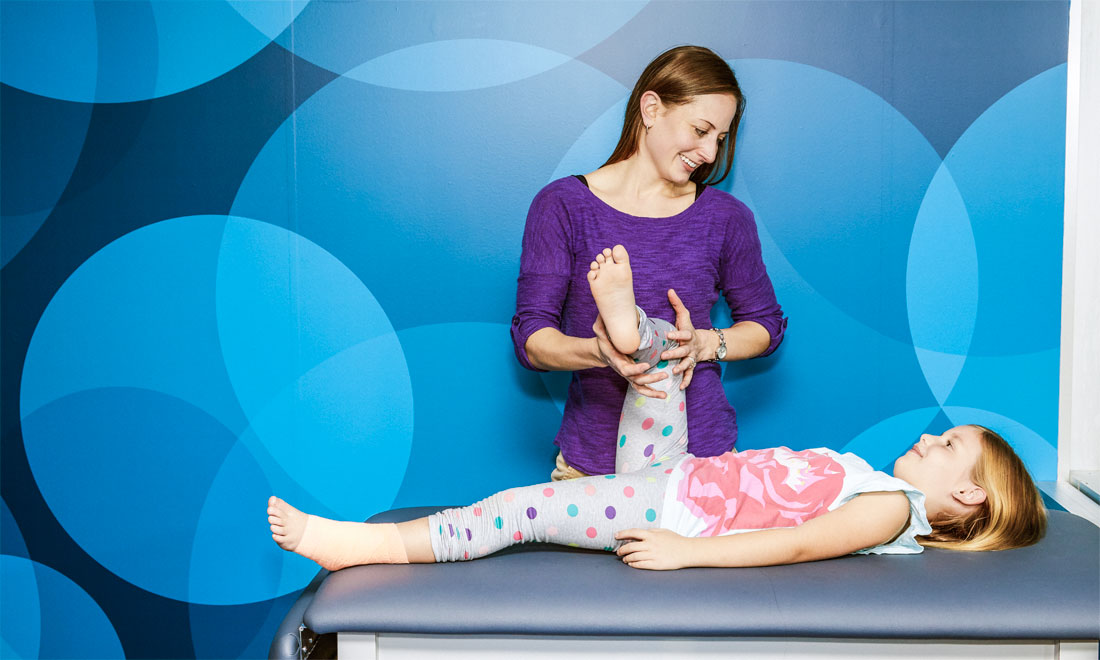The Impact of Athletic Rehabilitation on Speeding up Injury Recovery and Improving Athletic Performance
Wiki Article
Sports recovery plays a vital role in assisting sportspeople recover from traumas and enhance their overall capability. When sportspeople get hurt, it can be frustrating and discouraging. However, with the right rehabilitation program, they can return to their activity stronger and better equipped than before. Sports rehabilitation focuses on specific workouts and treatments that address the damaged area, helping to alleviate discomfort and restore capability. This procedure not only aids in recovery but also boosts athletic performance by tackling any weaknesses or discrepancies that may have led to the injury.
One of the key components of sports recovery is the assessment of the trauma. A qualified expert, such as a physiotherapy specialist or athletic coach, assesses the sportsperson's status to identify the most effective path of treatment. This evaluation includes comprehending the kind of trauma, its extent, and how it impacts the sportsperson's capability to compete. By collecting this data, the recovery expert can develop a customized treatment plan that includes exercises, flexibility routines, and modalities like ice or warmth treatment. This tailored method ensures that the sportsperson receives the best care for their particular needs.
As athletes advance through their rehabilitation, they often participate in various exercises designed to strengthen the damaged area. These workouts may include strength exercises, stretching work, and stability exercises. Strengthening the muscles around the trauma helps to support the joint and prevent future traumas. Additionally, enhancing flexibility can enhance the scope of movement, allowing sportspeople to perform better in their sport. Balance training is also crucial, as it assists sportspeople keep balance and coordination, which are vital for optimal performance.

Another important aspect of sports rehabilitation is education. Sportspeople gain knowledge about their traumas, the recovery procedure, and how to avoid future problems. This understanding enables them to take an active role in their rehabilitation. Understanding the significance of appropriate warm-up and cool-down routines, as well as the importance of paying attention to their bodies, can help sportspeople prevent recurrence of injuries. Furthermore, rehabilitation specialists often offer guidance on diet and fluid intake, which are vital for recovery and overall sports capability.
In conclusion, athletic rehabilitation is crucial for sportspeople recovering from traumas find more and working to enhance their capability. Through customized evaluation and treatment plans, sportspeople can recover strength, flexibility, and balance. The learning provided during rehabilitation enables athletes to take charge of their recovery and avoid subsequent traumas. By investing effort and resources into athletic rehabilitation, athletes not only recover but also improve their abilities, making them more competitive in their respective activities.